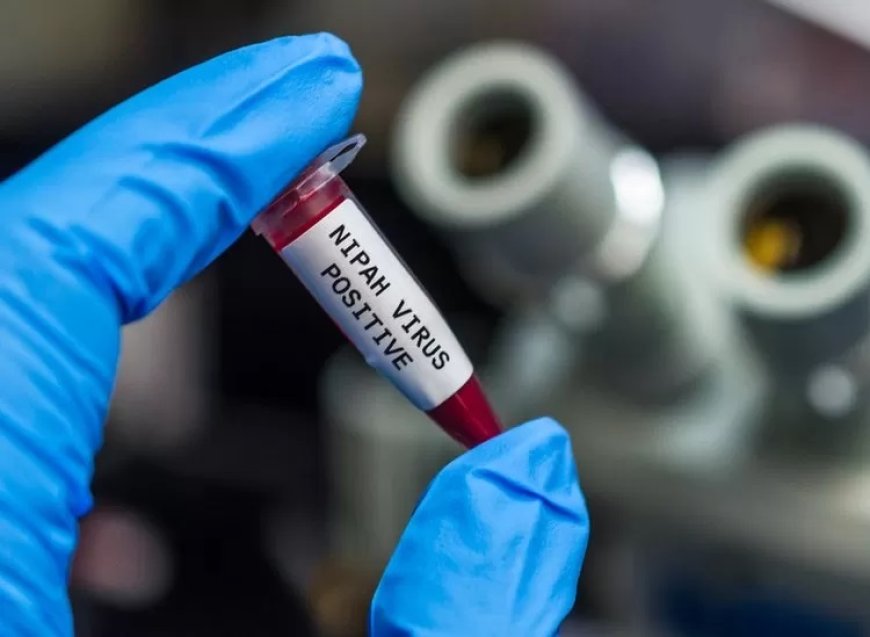Nipah cases in India: A cause for concern
Nipah virus cases in India are a cause for concern, as the virus has a high fatality rate and there is no specific treatment or vaccine. The virus spreads from bats to humans and can also be transmitted through contaminated food or from human to human. Symptoms of Nipah virus infection include fever, headache, drowsiness, and altered mental status.

Nipah virus is a zoonotic virus, which means that it can be transmitted from animals to humans. The virus is primarily found in fruit bats, but it can also be spread to other animals, such as pigs, and from there to humans. Nipah virus infection is a serious disease that can cause encephalitis (inflammation of the brain) and death.
India has experienced several outbreaks of Nipah virus infection in recent years. The first outbreak was reported in West Bengal in 2001, followed by another outbreak in 2007. In 2018, there was a major outbreak of Nipah virus infection in Kerala, which resulted in 17 deaths. In 2021, there was another outbreak in Kerala, but it was quickly brought under control.
On September 5, 2023, a new case of Nipah virus infection was reported in Kerala. The patient, a 12-year-old boy, died on September 7. This is the first case of Nipah virus infection reported in India in over two years.
The Kerala government has taken a number of steps to contain the spread of Nipah virus infection, including contact tracing, isolation of high-risk individuals, and mass testing. However, the outbreak is a cause for concern, as Nipah virus infection is a serious disease with a high mortality rate.
What signs do Nipah virus infections show?
The symptoms of Nipah virus infection can vary, but they typically include fever, headache, muscle pain, vomiting, and diarrhea. In some cases, the virus can cause encephalitis, which can lead to seizures, coma, and death.
How is the Nipah virus infection spread?
Nipah virus infection can be transmitted from animals to humans through direct contact with infected animals or their bodily fluids. The virus can also be transmitted through contaminated food, such as fruits that have been bitten by infected bats.
How can I guard against contracting the Nipah virus?
There is no vaccine for Nipah virus infection, so it is important to take steps to protect yourself from exposure to the virus. Here are some tips:
- Avoid contact with bats and other wild animals.
- Wash fruits thoroughly before eating them, especially fruits that have been grown in areas where bats are present.
- Avoid eating raw or undercooked pork.
- Cook food properly, especially meat and eggs.
Final Thoughts
The outbreak of Nipah virus infection in Kerala is a cause for concern, but it is important to remember that the virus is not easily transmitted between humans. If you have any symptoms of Nipah virus infection, seek medical attention immediately. By following the tips above, you can protect yourself from Nipah virus infection.
What's Your Reaction?


















































